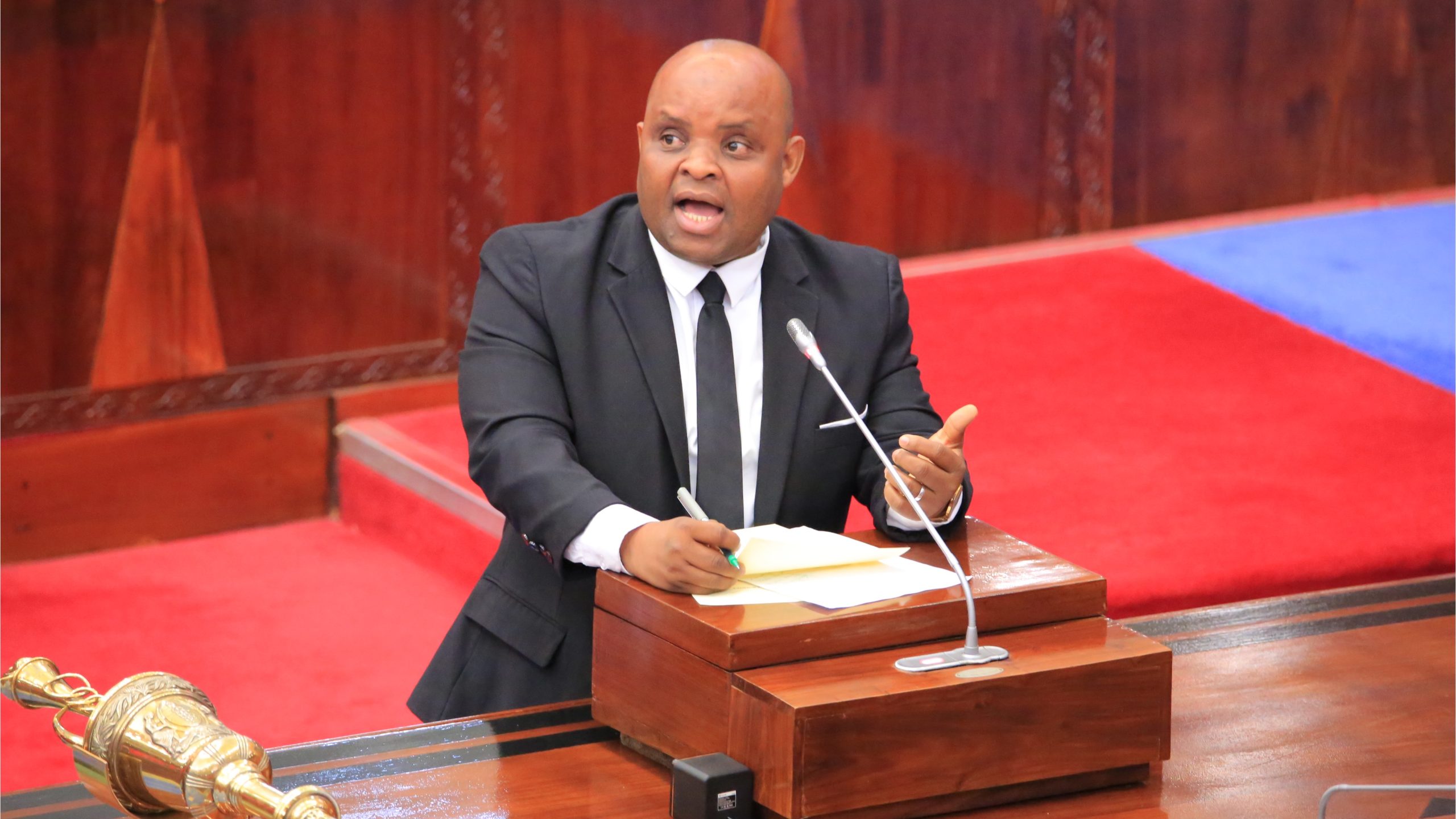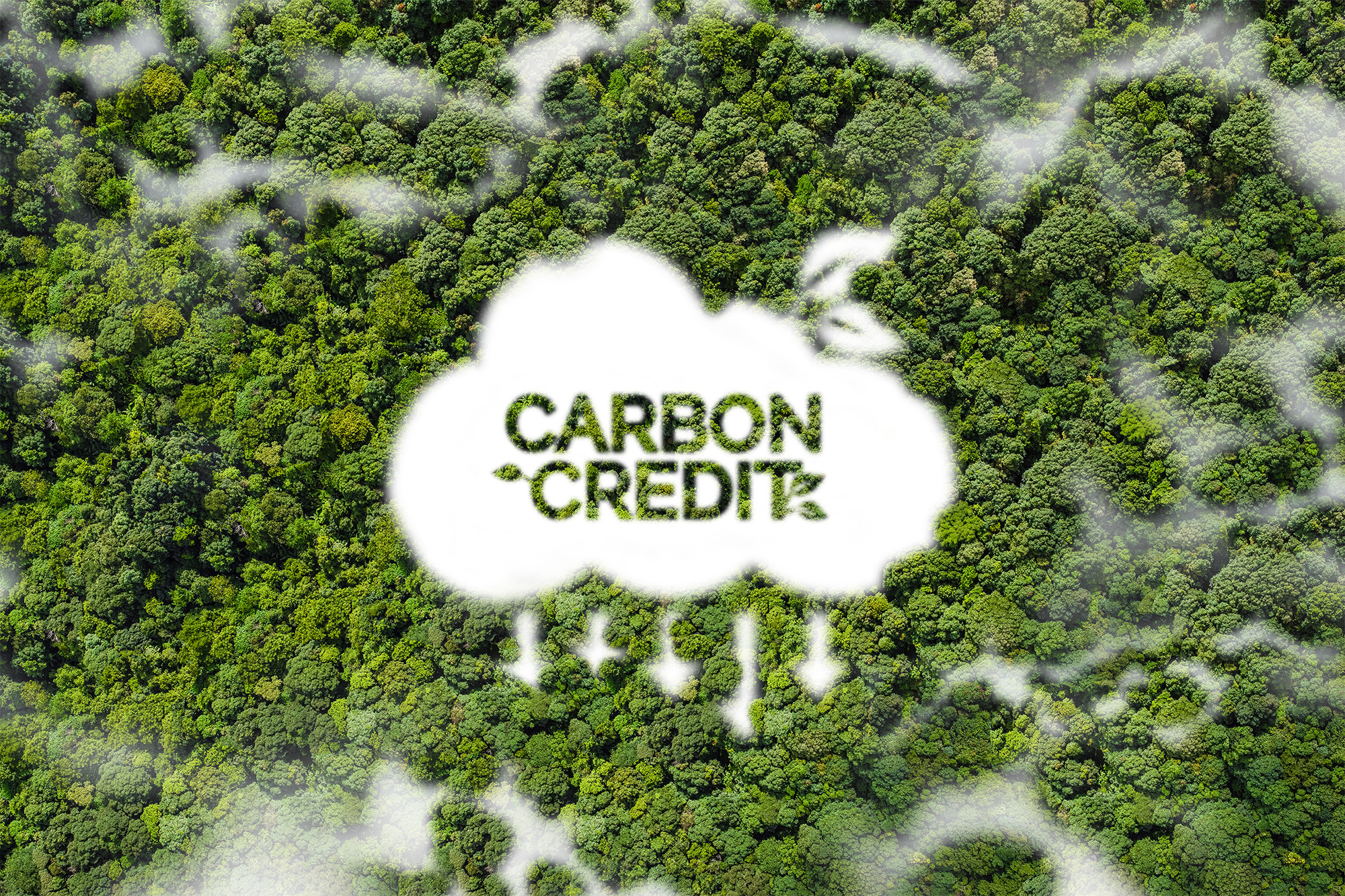India’s upcoming national carbon market will seek links to international registries and look to enlist international verifiers as it creates the framework for a compliance-cum-voluntary market over the next six months, a senior government official told S&P Global Commodity Insights.
A notification of the Carbon Credit Trading Scheme 2023 released June 30 shows a steering committee will be set up involving several ministries and agencies to govern the carbon market and vet its rules.
Not registered? Receive daily email alerts, and subscriber notes & personalize your experience. Register Now
We will invite global applications for empaneling [enlisting] verifiers,” said the official close to the drafting process, speaking on condition of anonymity. “We want the carbon credits to be recognized internationally. It is going to help the industry to decarbonize and also help them face CBAM [the EU’s carbon border adjustment mechanism].”
The notification is to be followed by about six months during which market codes and regulations will be set down, the official said.
Actual trades of carbon credits on Indian exchanges are about 18 months away, the official added.
The steering committee will comprise 18 representatives from various ministries and government agencies, led by the Ministry of Power and the Ministry of Environment, Forest and Climate Change, the notification showed.
“The governance of the Indian carbon market and direct oversight of its functioning shall vest in the National Steering Committee,” it said.
Its functions include recommendations to the Power Ministry’s Bureau of Energy Efficiency (BEE), formulation and finalization of rules and regulations, setting of specific greenhouse gases emission targets for compliance sectors, issuance of carbon credit certificates and their renewal and expiry.
It will also look at finalization of guidelines regarding trading of carbon credit certificates outside India, it said, without giving further explanation.
India is one of the largest issuers of carbon credits in the world.
Between 2010 to 2022 India issued 278 million credits in the Voluntary Carbon Market, accounting for 17% of global supply, according to a Jan. 31 Greenhouse Gas Emissions Special report by S&P Global Commodity Insights.
Platts CAC, reflecting avoidance-based carbon credit price, was assessed at $2.80/mtCO2 on June 29, down 14% month on month.
VCM concerns
Though the National Carbon Market is focused on domestic compliance and voluntary players, concerns persist over how India will regulate carbon credits being exported for trade in international voluntary carbon market.
A letter sent to the Power Ministry by the Carbon Markets Association of India June 30 sought reassurance that the government will not restrict trade to the detriment of VCM players.
It sought “to clarify that government of India and the National ETS under Indian carbon market will not restrict Indian businesses’ participation in international voluntary carbon market and export of Indian origin voluntary carbon credits in international market,” Rohit Kumar, secretary general, Carbon Markets Association of India said in the letter.
It urged the government to “welcome international foreign direct investment to invest in Indian decarbonization activities and take the benefits of voluntary carbon credits for their footprint reductions.”
The government official said the VCM would be untouched for now and that the latest notification on Indian carbon markets should allay industry fears.
“VCM is working fine,” the official said. “The government would not like to meddle with it for now.”
![]()
Compliance mechanism
Obligated sectors under the compliance mechanism are to be decided by the Ministry of Power based on recommendations from the BEE, the notification said.
In the 2021 draft of the National Carbon Market, 11 sectors including petroleum refineries, cement, steel, chlor-alkali, aluminum, thermal power plants and fertilizers were identified for the compliance market under a Perform-Achieve-Trade mechanism.
The government official said new sectors could be added to the list.
“The obligated entities shall be required to achieve greenhouse gases emission intensity in accordance with the targets as may be notified by the Ministry of Environment, Forest and Climate Change,” the notification said.
“The obligated entities who did not achieve their targeted reduction in greenhouse gases emission intensity shall meet shortfall by purchasing carbon credits certificates from Indian carbon market.”
Currently, Renewable Energy Certificates and Energy Saving Certificates trade on Indian power exchanges and these will be subsumed by the carbon credit certificates.
The steering committee will also set the formula for the conversion of these existing instruments into carbon credit certificates, the government official added.
Price is key
An executive from a prominent power exchange in India said the government’s notification suggests there will be one single market for compliance and voluntary buyers, in contrast to what was proposed earlier.
“One standard product — the carbon credit certificate. No separate type of carbon credits for offset and compliance [will be traded],” said the executive said, who did not wish to be named as the details of the market’s structure are still to be worked out.
“The market will seek to link with international meta registries, not integrating with private registries,” the executive added, based on his understanding of how it would pan out. “There will likely be a market stability reserve fund, to maintain liquidity.”
It is expected there will be a reserve/floor price, the executive added. The government’s idea would be to look more towards a price to match prices prevailing in other Asian countries such as South Korea, New Zealand and China, and that should be a minimum of $25-$30/carbon credit to begin with.
“We think the single product will create sufficient demand among voluntary buyers as well.”



